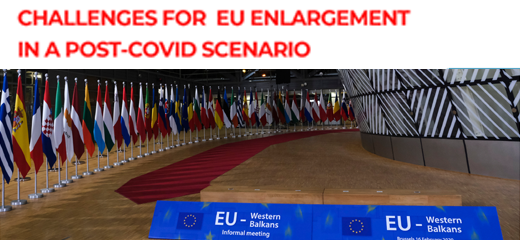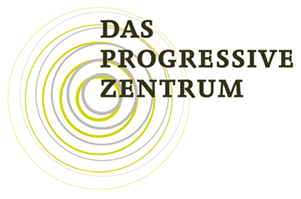
next left
Publication
Social democracy for the next generation - Points for a debate
October 09, 2014Author: Ania Skrzypek
Our society has changed is an introductory sentence to most of the groundbreaking, ideological debates. Surely, it steadily evolves. The generations are being replaced by the “future” ones, which while growing older take not only their place within an adult world, but also gain influence and shape reality. Their specific approach, formed by history on one side and by the demands of contemporary challenges on the other, is what makes the times they live in characteristic and unique.
Naturally, the debate on the renewal of the European social democracy incorporates the elaborations on how the society changed. There are several methodological approaches one can imagine to take in order to assess these transformation – to name few examples, one can see it via the prism of sociology (using the concepts such as class to describe that), via prism of anthropology (looking at the cultural dimension) or political sciences (examining the developments within the political system and the meaning of political representation).
Surely more challenging would be an attempt to merge these methods, which is also what reports available on the EU level (such as Eurostat, Eurobarometer) would encourage to do. That would invite to analyse specifically an age group – so called “future” generation (age 15 – 30) of Europeans. Reaching the overall result in which the general behavioural tendencies were analysed could be of a great importance for social democracy in its attempt to rebuild itself, re-establish the connection between them as political formation and the society, and ultimately regain power.
For the below enclosed deliberations, following sources were used: FEPS Next Left Focus Group Discussion Paper and meetings materials, EU statistical datas (Eurostat, Eurobarometer), EP and EC Reports, and last but not least the materials of the S&D Group Round Table on youth and social democracy (which took place in Brussels, Belgium on 12th May 2010).
The remarks are of a general nature. One could argue that further, in-depth studies would be necessary to enrich the findings and make them more feasible for practical use. Authors agree with that assessment, underlining that the aim is to draw attention to certain interesting aspects rather than provide a full fledged, complete answers.
related publications
-

Progressive Yearbook 2022
read more -

Next steps for progressive commitment to EU enlargement.
read more -

Challenges for EU enlargement in a post-covid scenario
read more -

The Generational Impact of the Coronavirus Pandemic
read more -

Progressive Yearbook 2021
read more -

The re-shaping of the political discourse in times of crises
read more



























































